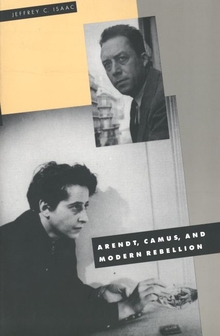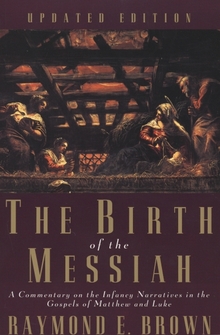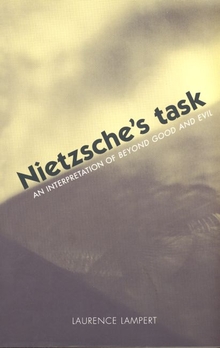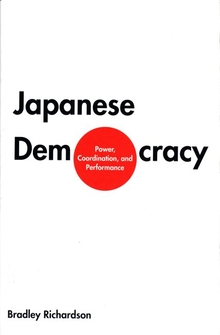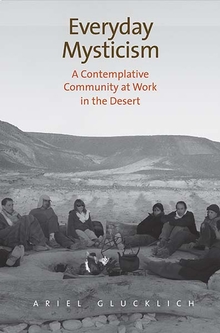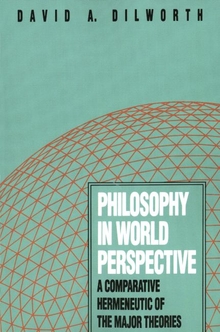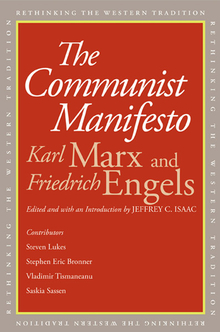Arendt, Camus, and Modern Rebellion
WARNING
You are viewing an older version of the Yalebooks website. Please visit out new website with more updated information and a better user experience: https://www.yalebooks.com
Jeffrey C. Isaac
According to Isaac, self-styled postmodern writers who proclaim the death of grandiose ideologies often fail to recognize that such thinkers as Camus and Arendt had already noted this. But unlike many postmodernists, these two sought to preserve what was worthy in modern humanism--the idea of a common human condition and a commitment to human rights and the dignity of individuals. Isaac shows that both writers advanced the idea of a democratic civil society made up of self-limiting groups. Although they criticized the typical institutions of mass democratic politics, they endorsed alternative forms of local and international organization that defy the principle of state sovereignty. Isaac also shows how Arendt's writings on the Middle East, and Camus's on Algeria, urged the creation of such institutions. The vision of a "rebellious politics" that Arendt and Camus shared is of great relevance to current debates in democratic theory and to the transformations taking place in Europe and the states of the former Soviet Union.
"Isaac draws together Arendt and Camus into a fruitful dialogue. That dialogue is wide-ranging and tackles major events of the twentieth century, the creation and terrible denouement of totalitarianism, and, in its aftermath, the possibility for democratic politics, the forging of human identity, and the sustaining of anything like an ethical life. The work is very important."— Jean Bethke Elshtain, Vanderbilt University
"An extraordinarily intelligent and perceptive book."--Margaret Canovan, The Times Higher Education Supplement
"Provocative [and] interesting."--Shiraz Dossa, American Political Science Review
"Isaac, by placing Arendt and Camus in comparative perspective, makes a valuable contribution to an often ignored chapter in the history of the non-Marxist Left."--Robert Paul Resch, American Historical Review
"A stimulating comparative study of the political thought of Hannah Arendt and Albert Camus."--Maurizio d’Entrèves, Political Studies
"A most intelligent and imaginative discussion of thr political thinking of Hannah Arendt and Albert Camus."--Margaret Canovan, International Studies in Philosophy
"[Isaac] has written a book that needed to be written, a book that traces with clarity and rigor the line that unites Arendt and Camus with more recent intellectuals who, sometimes reluctantly, have had to assume the mantle of political responsibility."--David R. Ellison, SubStance
Publication Date: September 28, 1994

